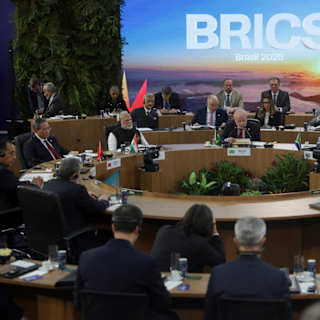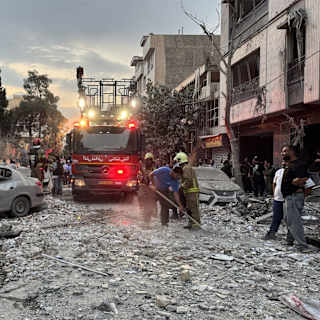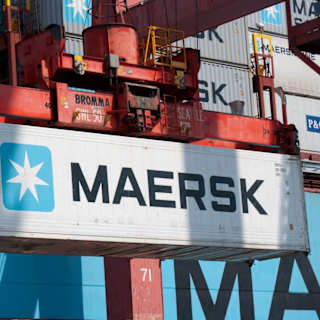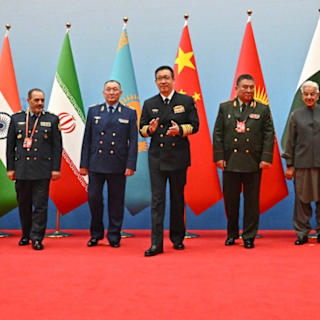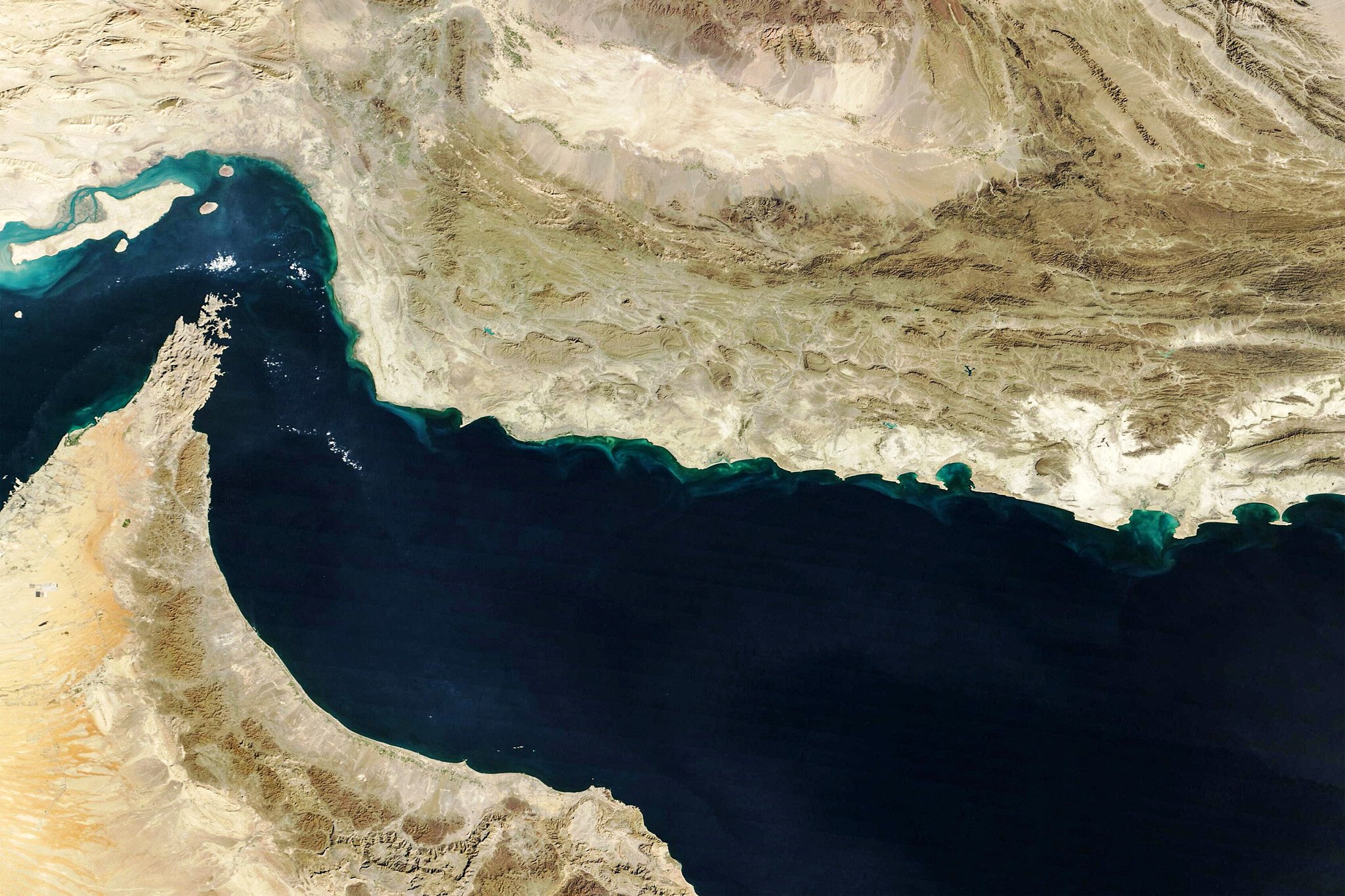- Intelligence Reveals Preparation for Blockade
- Parliamentary Action and Military Posturing
- Economic Vulnerabilities and Strategic Calculations
Iran loaded naval mines onto vessels in the Persian Gulf last month following Israeli strikes on its territory, raising concerns in Washington about a potential blockade of the Strait of Hormuz, according to two US officials who spoke to Reuters. The previously unreported preparations, detected by US intelligence, occurred after Israel launched attacks against Iran's nuclear and missile infrastructure on June 13.
The mine loading represents the closest Iran has come to threatening closure of a waterway that handles about one-fifth of global oil and gas shipments. While the mines have not been deployed, their preparation suggests Tehran seriously considered an action that would have disrupted global commerce and spiked energy prices worldwide.
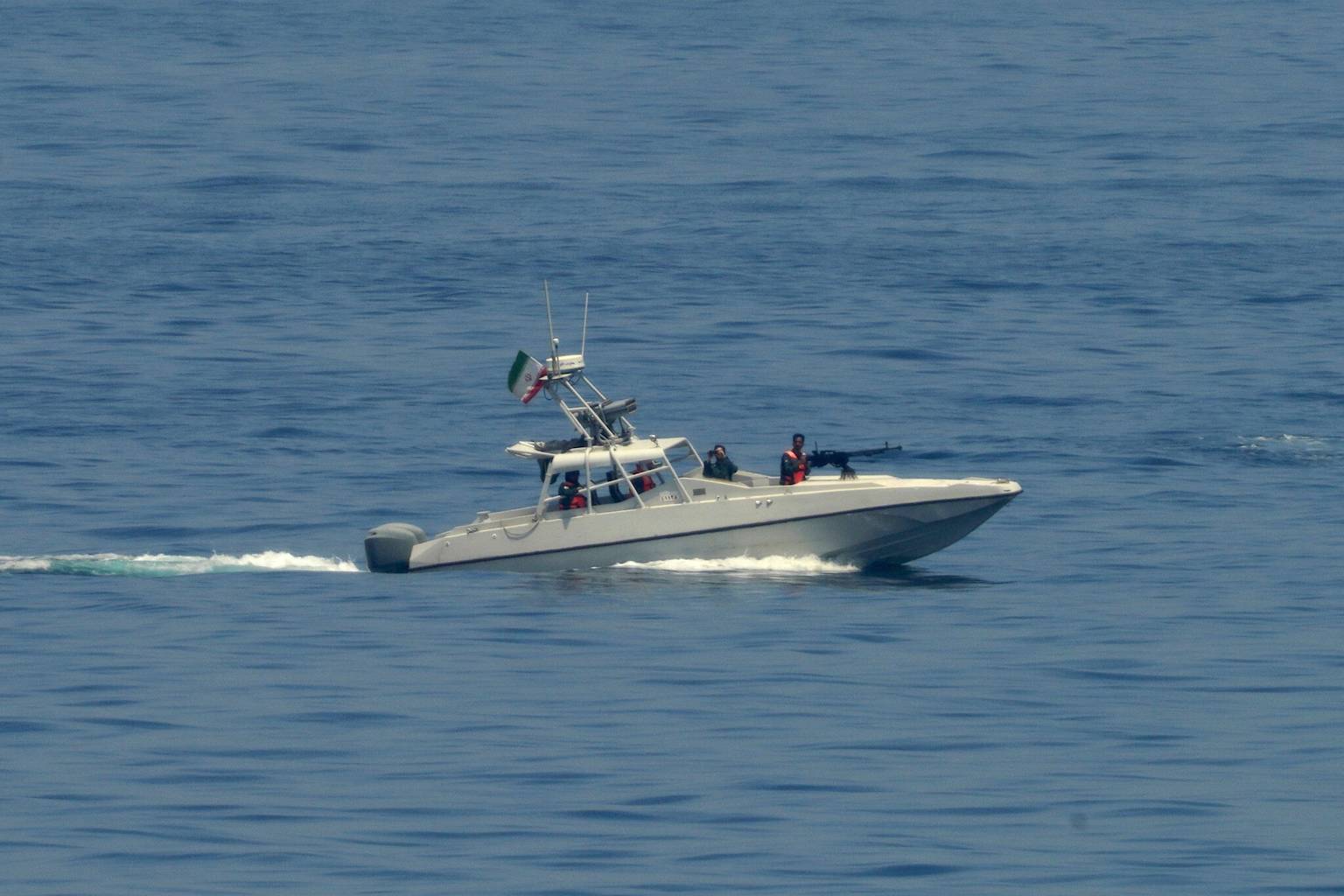
US intelligence detected the mine loading through methods that typically include satellite imagery and human sources, though officials did not disclose specifics1. It remains unclear precisely when during the Israel-Iran conflict Tehran loaded the mines or whether they have since been unloaded12.
The Pentagon and Iranian mission at the United Nations did not respond to requests for comment1. According to The Maritime Executive, mine warfare represents one of Iran's most potent options for causing disruption, as mines are "comparatively cheap, easy to deploy, hard to remove and psychologically intimidating"3.
On June 22, Iran's parliament backed a measure to block the strait after US bombings of three Iranian nuclear sites1. Revolutionary Guards commander Esmaeil Kousari confirmed that shutting the Strait would be executed "whenever necessary" to protect national sovereignty and deter foreign aggression2.
Despite the apparent preparations for a blockade, global oil prices have fallen more than 10 percent since US strikes on Iran's nuclear facilities, driven partly by relief that the conflict did not disrupt oil trade13.
The Strait of Hormuz has never been closed during Middle East conflicts1. Analysts have noted the vulnerability of regional exporters, with JP Morgan explaining that "Saudi Arabia, Kuwait, Iraq and Iran are wholly locked into one tiny passage for exports"1.
US Secretary of State Marco Rubio warned Iran against attempting to shut down the Strait, calling such a move "economic suicide" for the Islamic Republic1. Iran's economy heavily relies on the waterway, with oil exports entirely sea-based and energy trade with China dependent on free passage1.
The mine loading reveals the delicate balance Iran faces between escalating pressure on adversaries and protecting its own economic lifeline.
